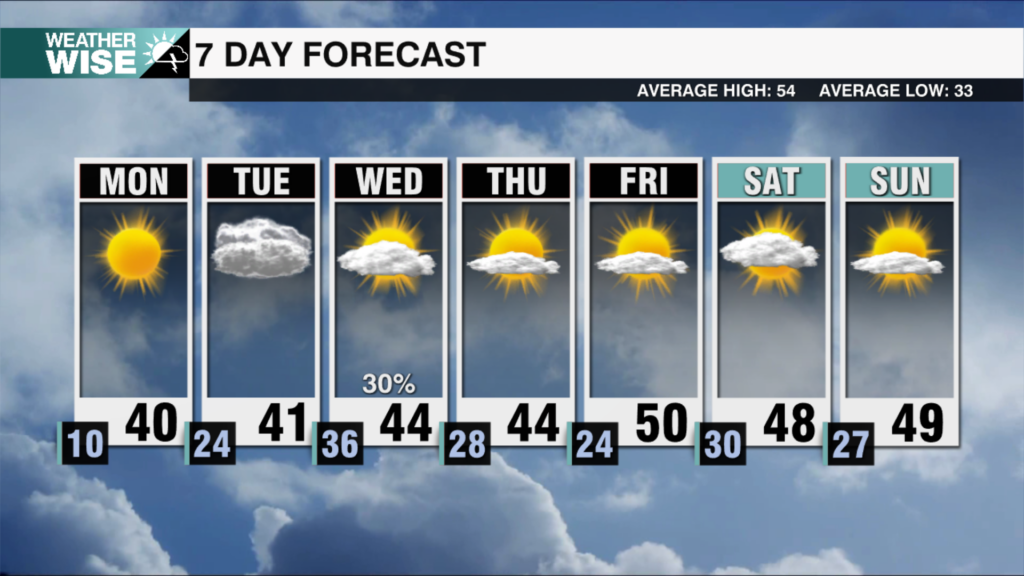CHARLOTTE, N.C. — We’ve all done it – skipped breakfast because we were late to work, or that new fad diet we were on says not to eat in the morning, or we were trying to save money by stretching our groceries. According to new data from a new survey fielded by the Kellogg Company exploring Americans’ perception and consumption of breakfast, Americans are thinking about cereal and breakfast all wrong.
Consumers tend to cite three reasons why they are eating less cereal than before:
Nutritrional Value: Even though a bowl of cereal with a cup of nonfat milk provides a nutrient-dense, low-calorie, low-sugar way to get your essential vitamins like grains, fiber, calcium, Vitamin D, and potassium, 45% of people who say they are eating less cereal mention it is less nutritious than other breakfast options. As for the 10% of study respondents were trying to lose weight, people who eat breakfast consistently tend to weigh less and have lower BMI’s than their peers who eat breakfasts other than cereal or no breakfast at all.
Convenience: In today’s busy world where we barely have time to breathe between commitments and activities, a bowl of cereal with nonfat milk can take as little as 15 seconds to put together – making it one of the fastest ways to refuel your body after hours overnight without eating.
Economic: If you’re pinching pennies, cereal provides the best bang for your buck, averaging around 50 cents a serving. In fact, more and more cereal is not just a breakfast food, either – 70% of consumers eat cereal at other times of day besides breakfast!
When it comes to breakfast, there is a real disconnect between what we know and what we do. Leslie Bonci – sports nutritionist for professional sports organizations like the Pittsburgh Steelers and Washington Wizards, Olympic athletes like Tara Lipinski, NCAA elite student athletes, and dancers at the Pittsburgh Ballet Theater – debunks common misconceptions and breaks down the value of cereal.




